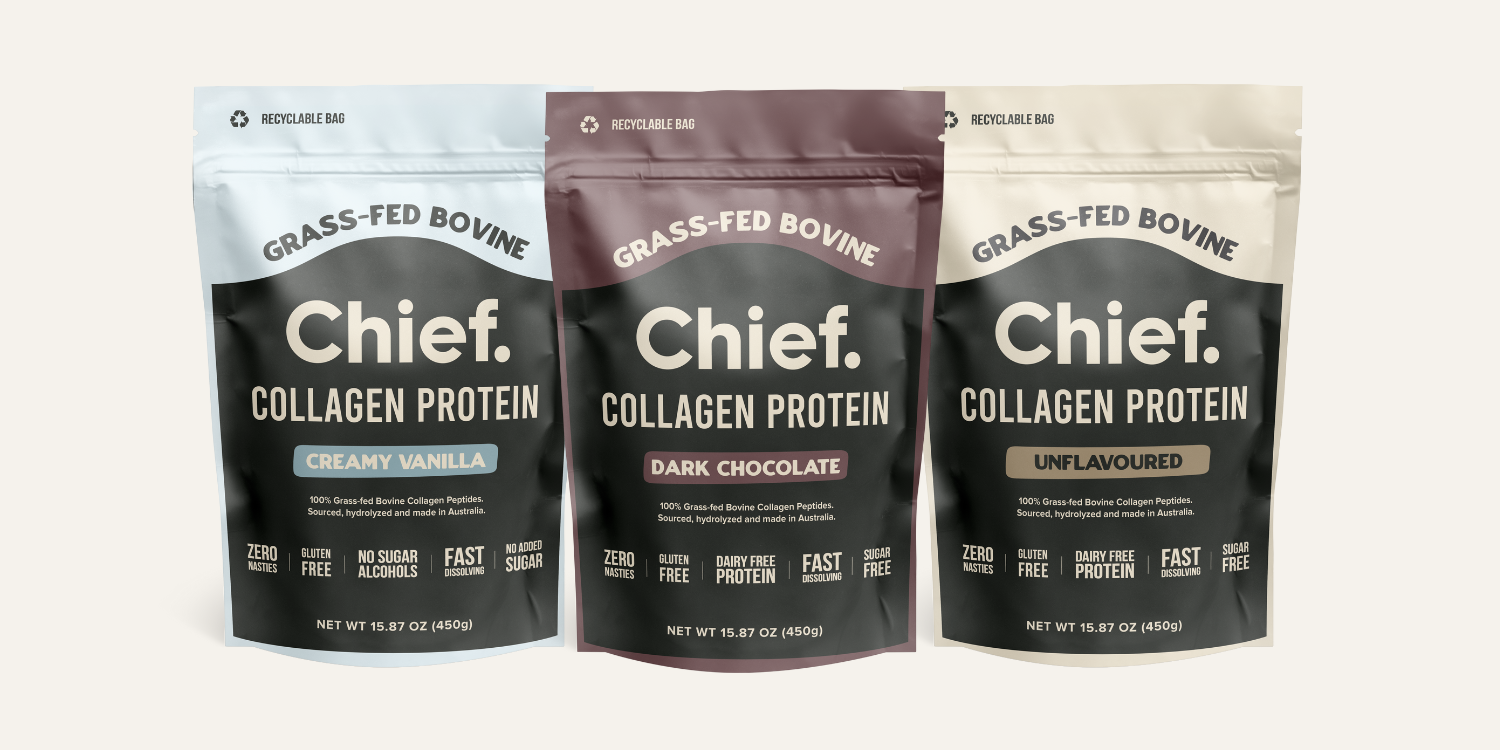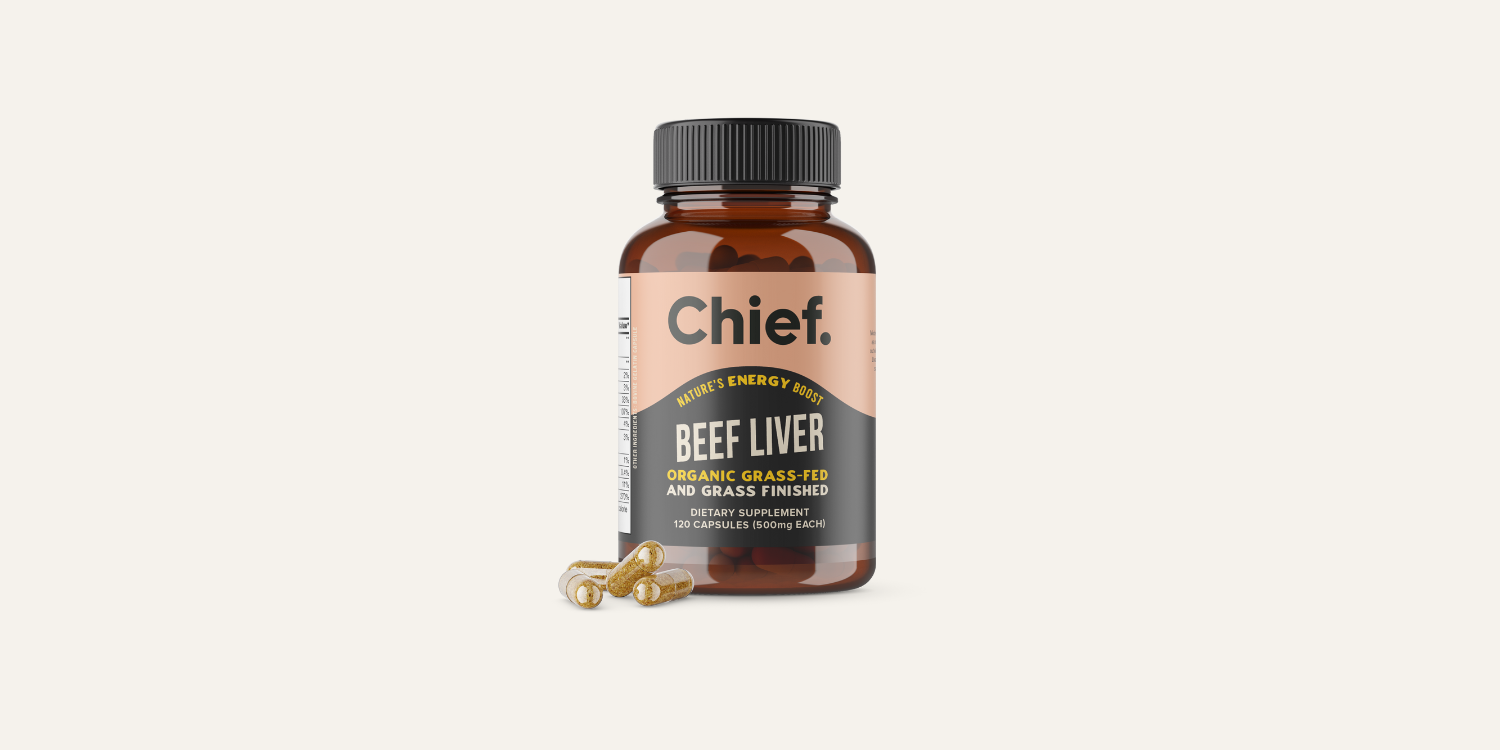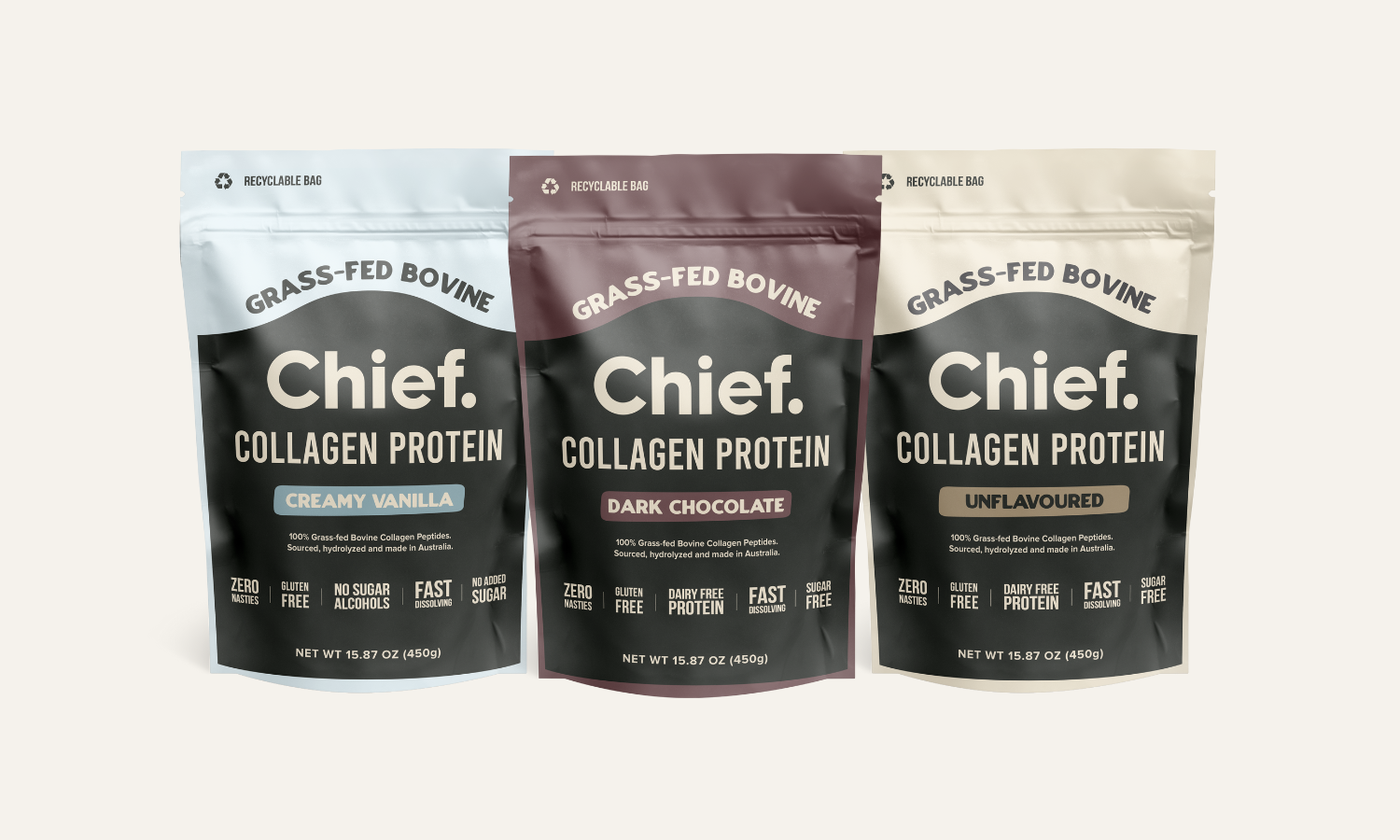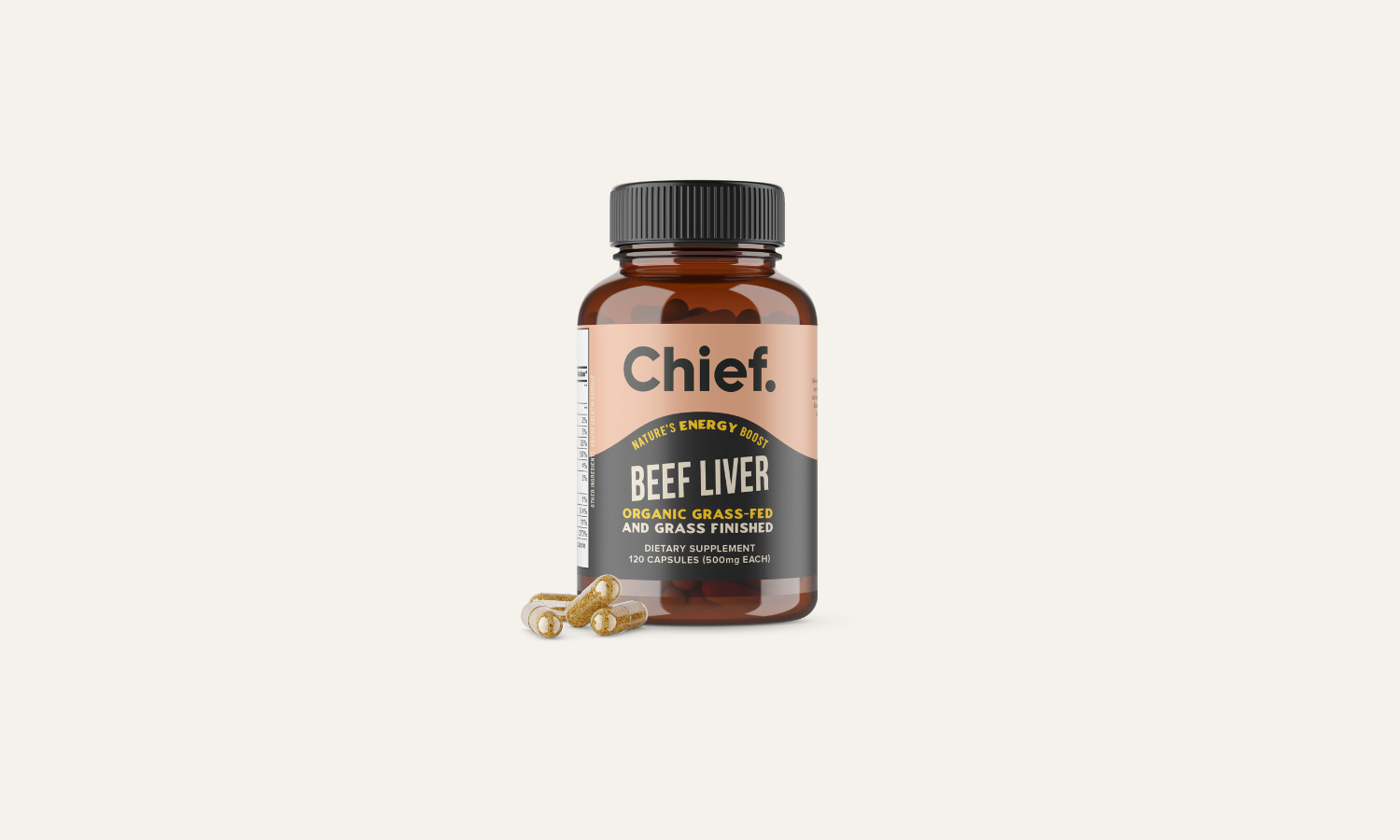While researching for my next blog post, I stumbled across the International Society of Sports Nutrition’s Position Stand on protein and exercise. This objective and critical review summarises all the research to date on protein intake and its relation to exercise and performance.
Protein is undeniably crucial for physical performance and recovery. Adding protein during or after an intensive bout of endurance exercise may suppress the rise in plasma proteins linked to muscle damage and reduce feelings of muscle soreness. While it seems not to affect endurance performance, protein supplementation positively impacts strength training performance. In both cases, adequate protein is needed for post-exercise recovery.
1. Weight training + protein = muscle gain.
Both resistance training and protein ingestion stimulate muscle protein synthesis. This effect is further amplified when protein is consumed before or after resistance exercises. Resistance training without adequate nutrition and positive energy balance will not make you grow lean muscle.2. You need a certain amount of protein per day to build muscle.
For building and maintaining muscle mass through a positive muscle protein balance, an overall daily protein intake in the range of 1.4–2.0 g protein/kg body weight/day (g/kg/d) is sufficient for most exercising individuals. This value aligns with the Acceptable Macronutrient Distribution Range published by the Institute of Medicine for protein. It is higher than the recommended daily intake of 0.8g, which is now seen as insufficient for active individuals by most health experts.3. When do you need more protein?
Higher protein intakes (2.3–3.1 g/kg/d) are needed to maintain muscle mass when you eat less while physically active (i.e., when intermittent fasting, dieting or while in negative energy balance due to increased training demands).
4. You can lose fat while maintaining lean muscle by having even more protein.
There is novel evidence that suggests higher protein intakes (>3.0 g/kg/d) may have positive effects on body composition in resistance-trained individuals (i.e., promote loss of fat mass). When combined with a resistance-training program and a negative energy balance, an elevated daily protein intake (>3.0 g/kg/d) can promote greater fat loss and more significant overall improvements in body composition.5. How much protein per serving is optimal?
Recommendations regarding the optimal protein intake per serving for athletes to maximise muscle protein synthesis are mixed and are dependent upon age and recent resistance exercise stimuli. General suggestions are 0.25 g of a high-quality protein per kg of body weight or an absolute dose of 20–40 g (10–12 g of EAAs, 1–3 g of leucine). Beef and whey protein are the highest in leucine. These protein doses should be evenly distributed throughout the day, with one dose as soon as possible after training. Higher doses (~40 g) are likely needed to maximise muscle protein synthesis responses in elderly individuals. Even higher amounts (~70 g) appear necessary to promote attenuation of muscle protein breakdown.6. What’s the anabolic window?
The ideal period to ingest protein is likely a matter of individual tolerance since benefits are derived from pre- or post-workout ingestion. Although the anabolic effect of exercise lasts for 24 hours, it diminishes with increasing time post-exercise, so it is best to consume protein before or soon after training. You need all the essential amino acids for muscle growth, but LEUCINE triggers the greatest anabolic response. You don’t need any protein powder to achieve this. Choose wholefoods instead. Eggs and beef would be your best picks.Fun fact:
Muscle protein synthesis increases approximately 30–100% in response to a protein-containing meal to promote a positive net protein balance. Whey protein straight after training seems to trigger the highest anabolic response.
7. What foods are the best to consume for muscle protein synthesis?
113g of lean beef provides 10 g of the essential amino acids (3.5 g of leucine) and 30 g of total amino acids. Moreover, this 30 g of beef protein has been shown to stimulate protein synthesis in both young and elderly subjects. In addition to its rich content of amino acids, beef and other flesh proteins can serve as important sources of micronutrients such as iron, selenium, vitamins A, B12 and folic acid.8. Should you consume protein supplements?
While obtaining your daily protein requirements through whole foods is preferable, supplementation is a practical way of ensuring adequate protein quality and quantity while minimising caloric intake, particularly for athletes who typically complete high training volumes. And even if you aren’t a competitive athlete, you can have protein powder when you struggle to cover your daily protein intake from whole foods or are on the run, in which case, grass-fed and grass-finished whey protein would be the winner.9. Endurance athletes need protein + carbs.
Endurance athletes should focus on achieving adequate carbohydrate intake to promote optimal performance. However, adding protein during and after prolonged endurance training will help offset muscle damage, increase time to exhaustion and promote recovery. The recommendation is 0.25 g of protein/kg body weight per hour of endurance exercise.10. High protein intake won’t harm your kidneys unless you have a kidney disease.
A series of controlled investigations spanning up to one year in duration utilising protein intakes of up to 2.5–3.3 g/kg/day in healthy resistance-trained individuals consistently indicate that increased protein intakes exert no harmful effect on blood lipids or markers of kidney and liver function.















